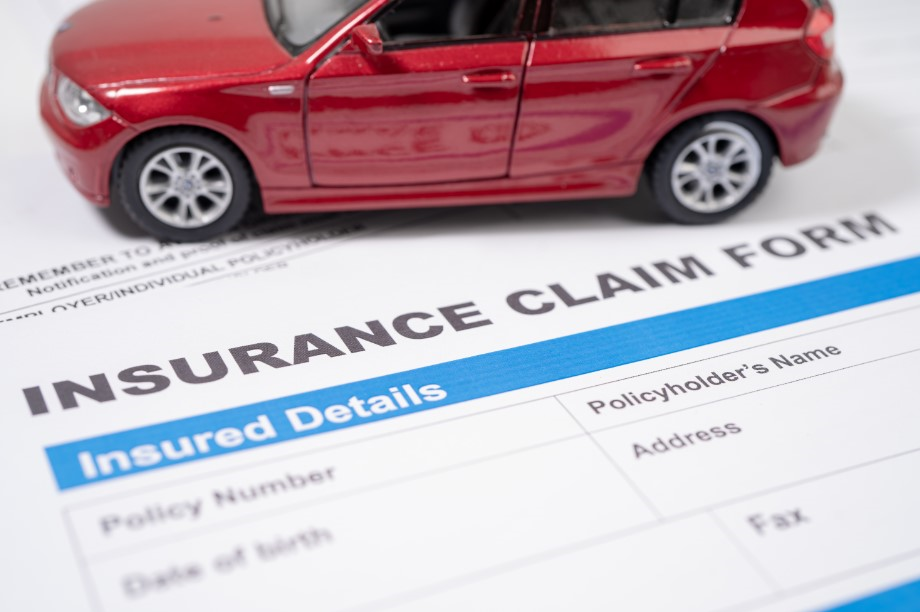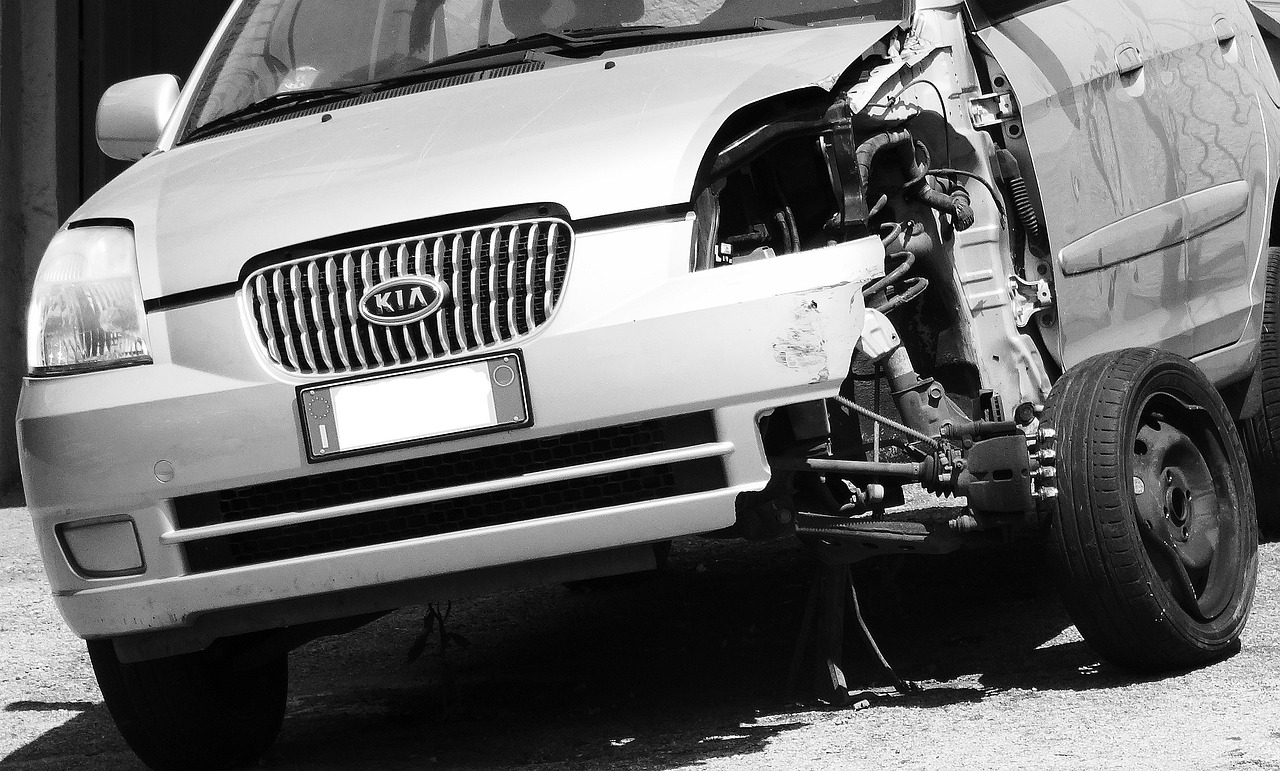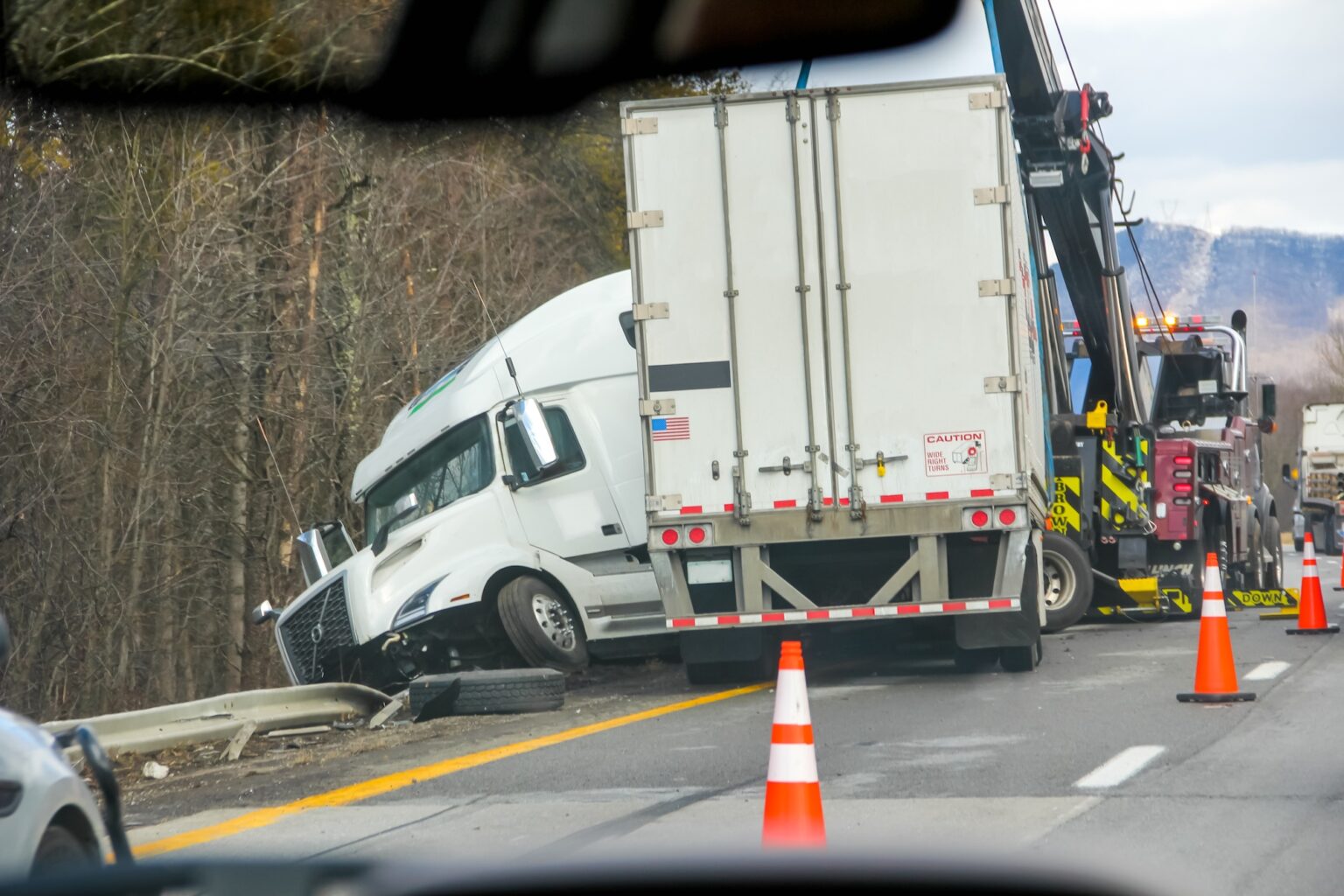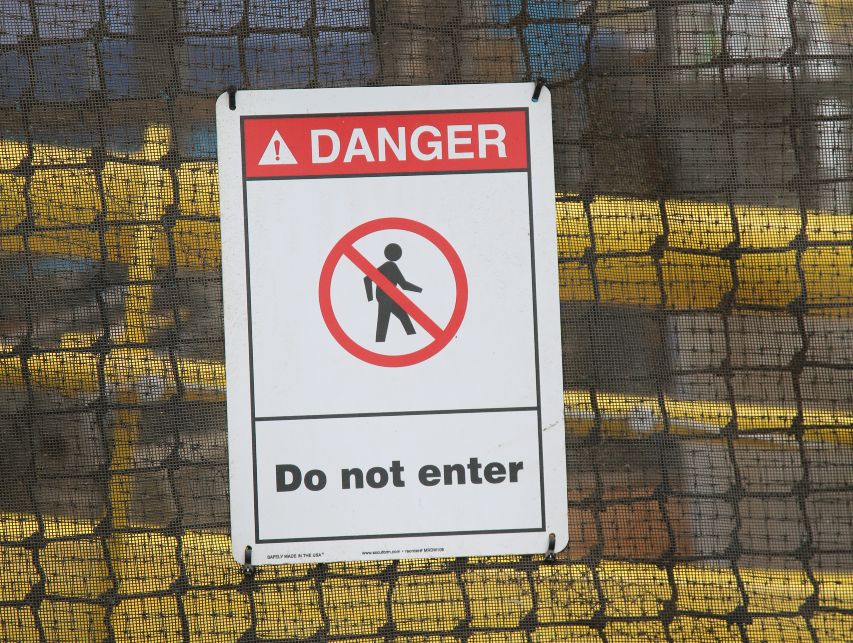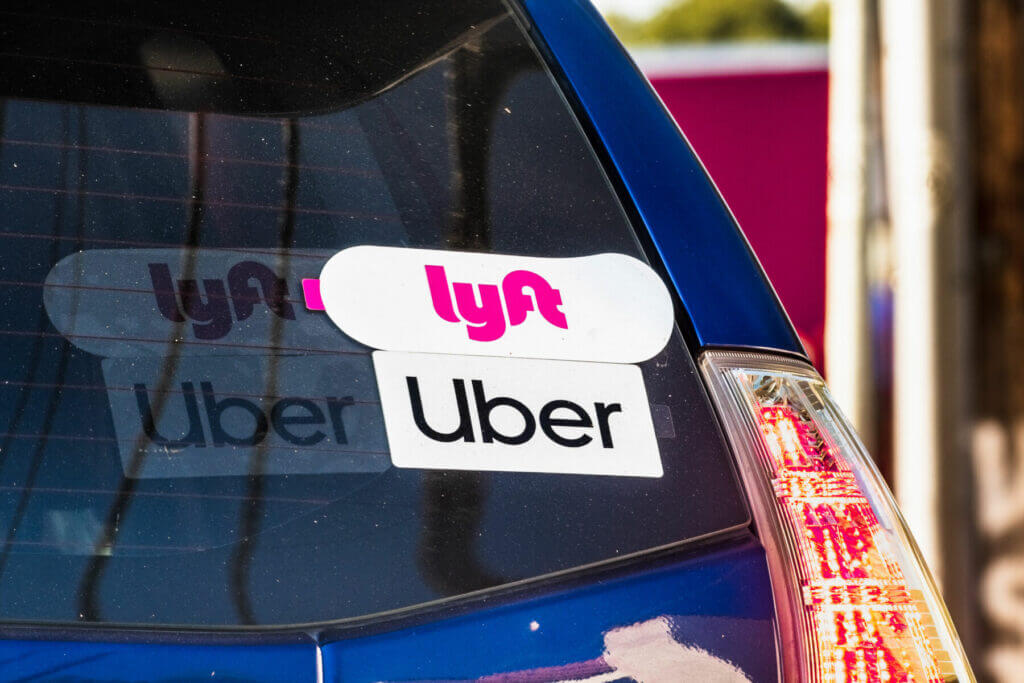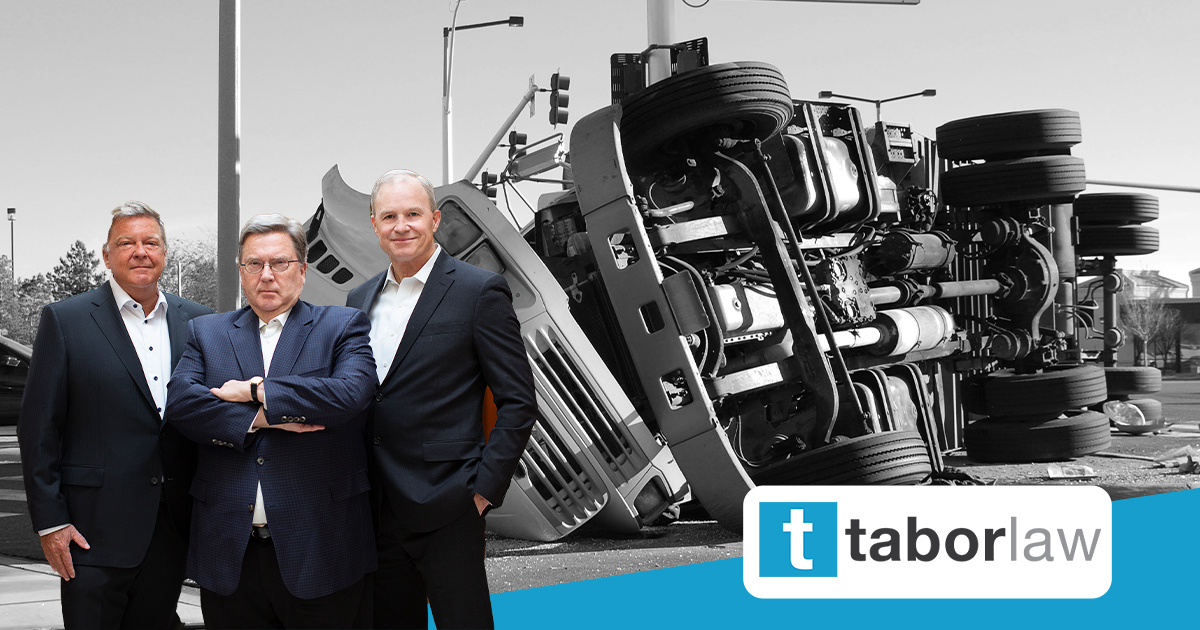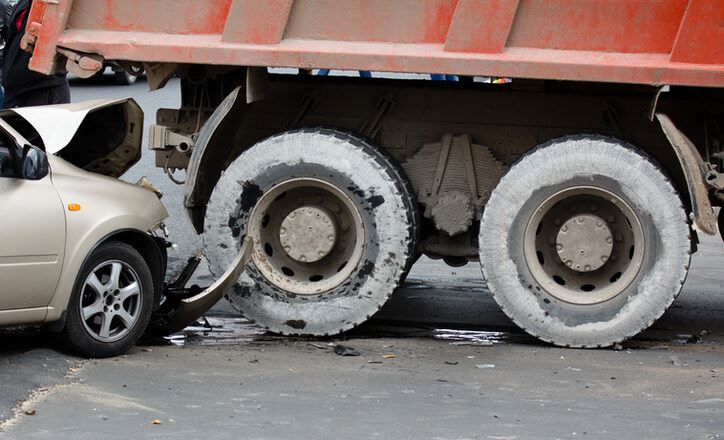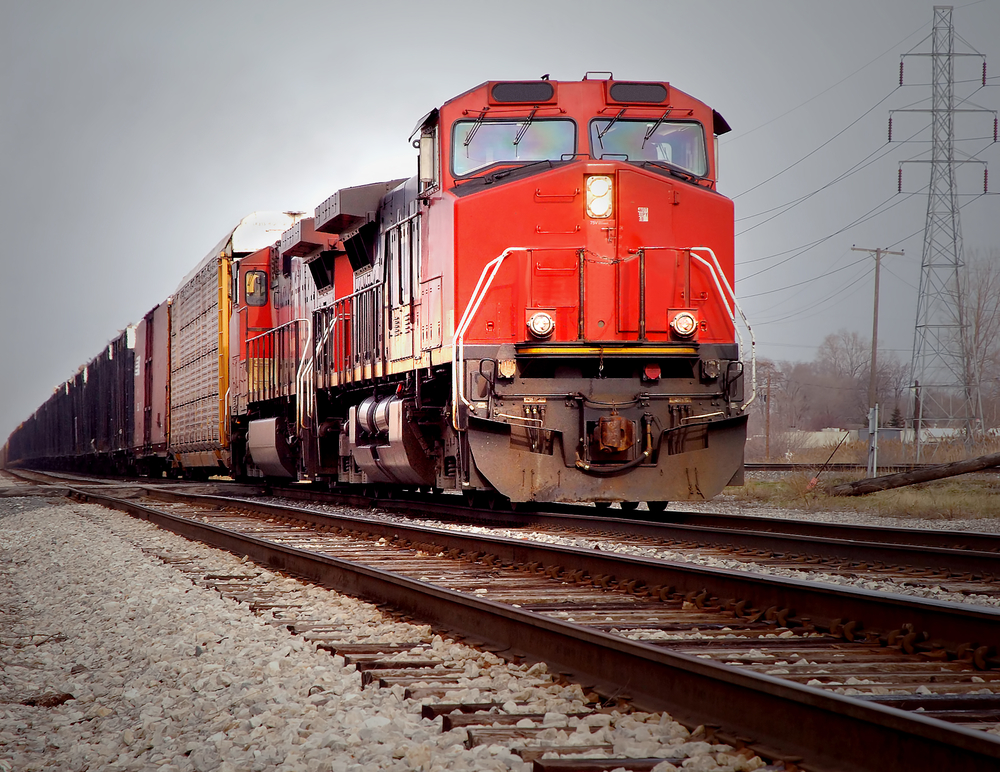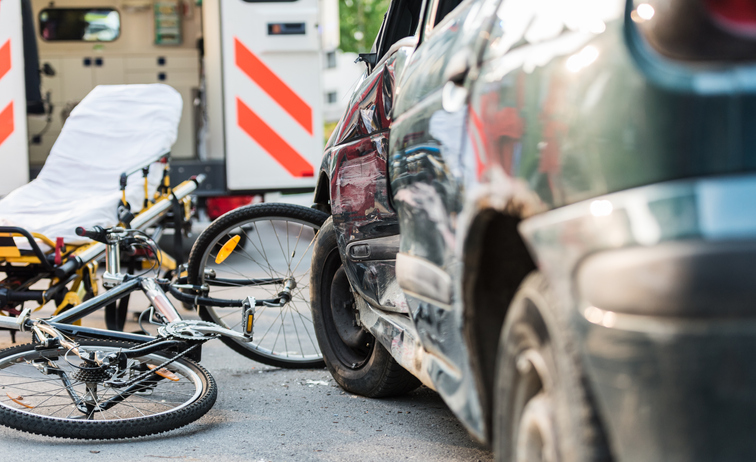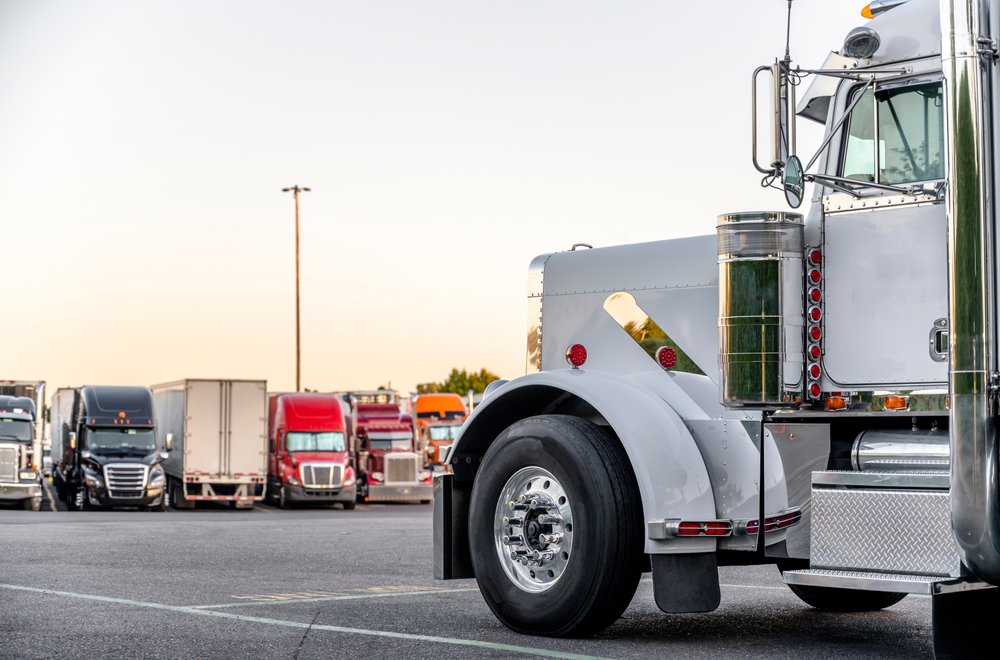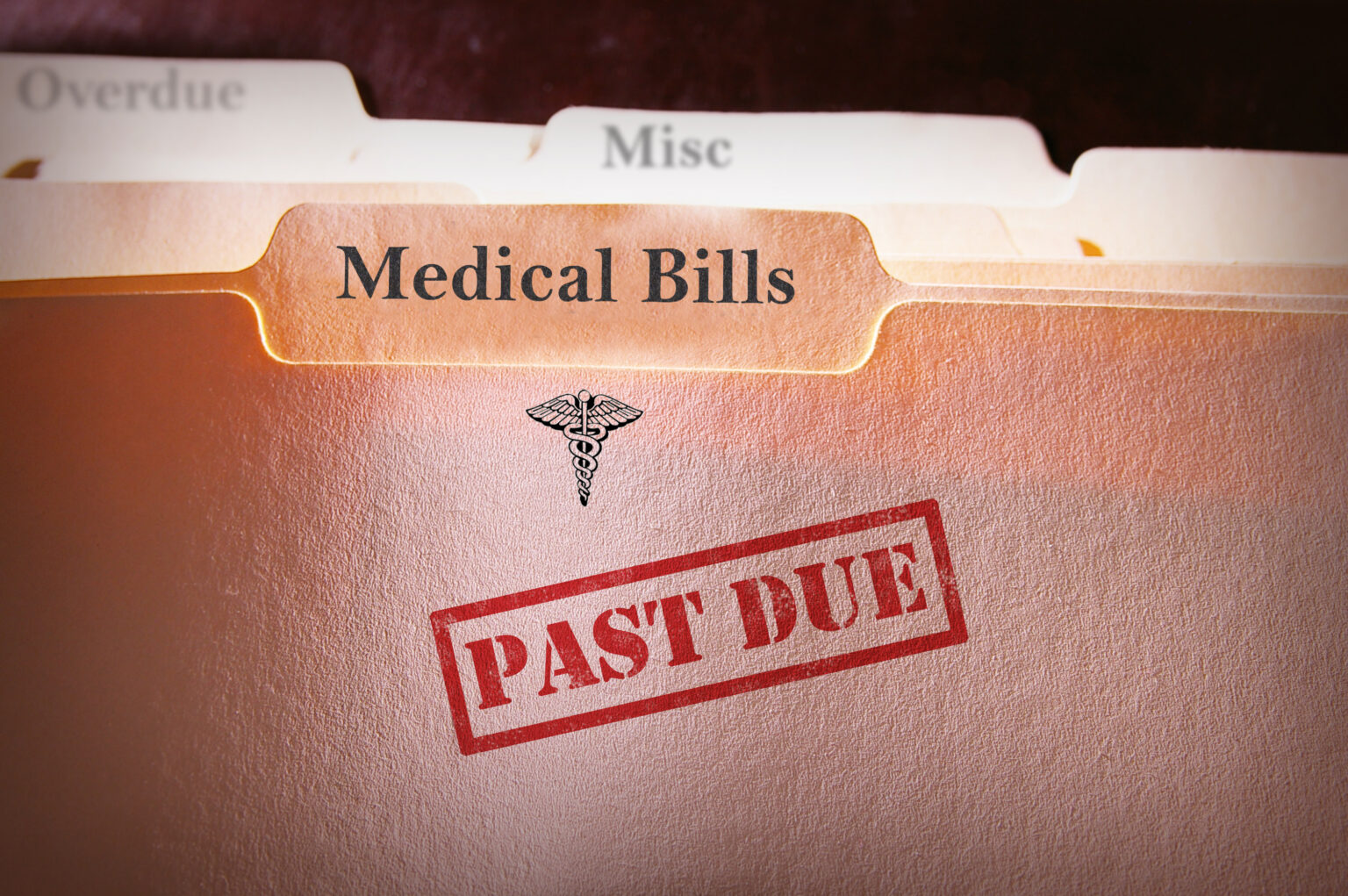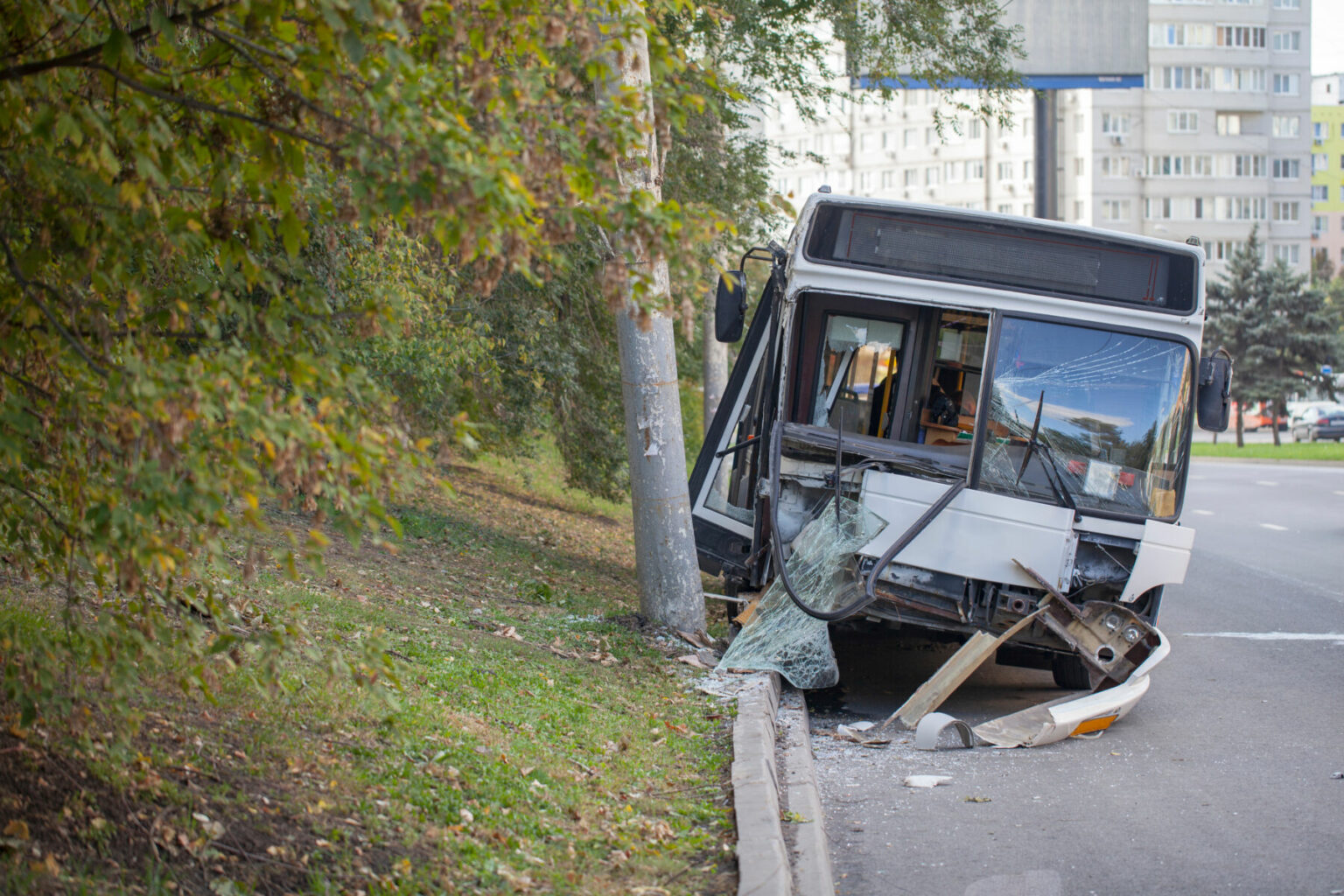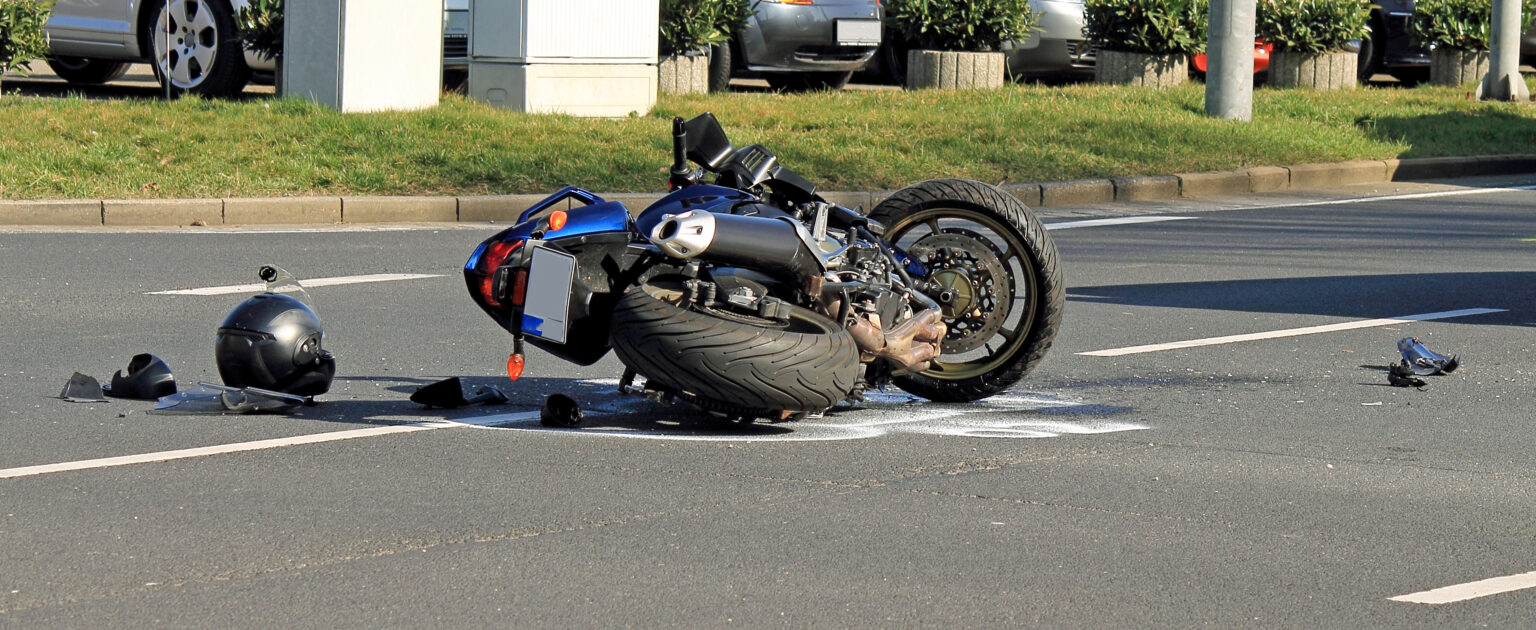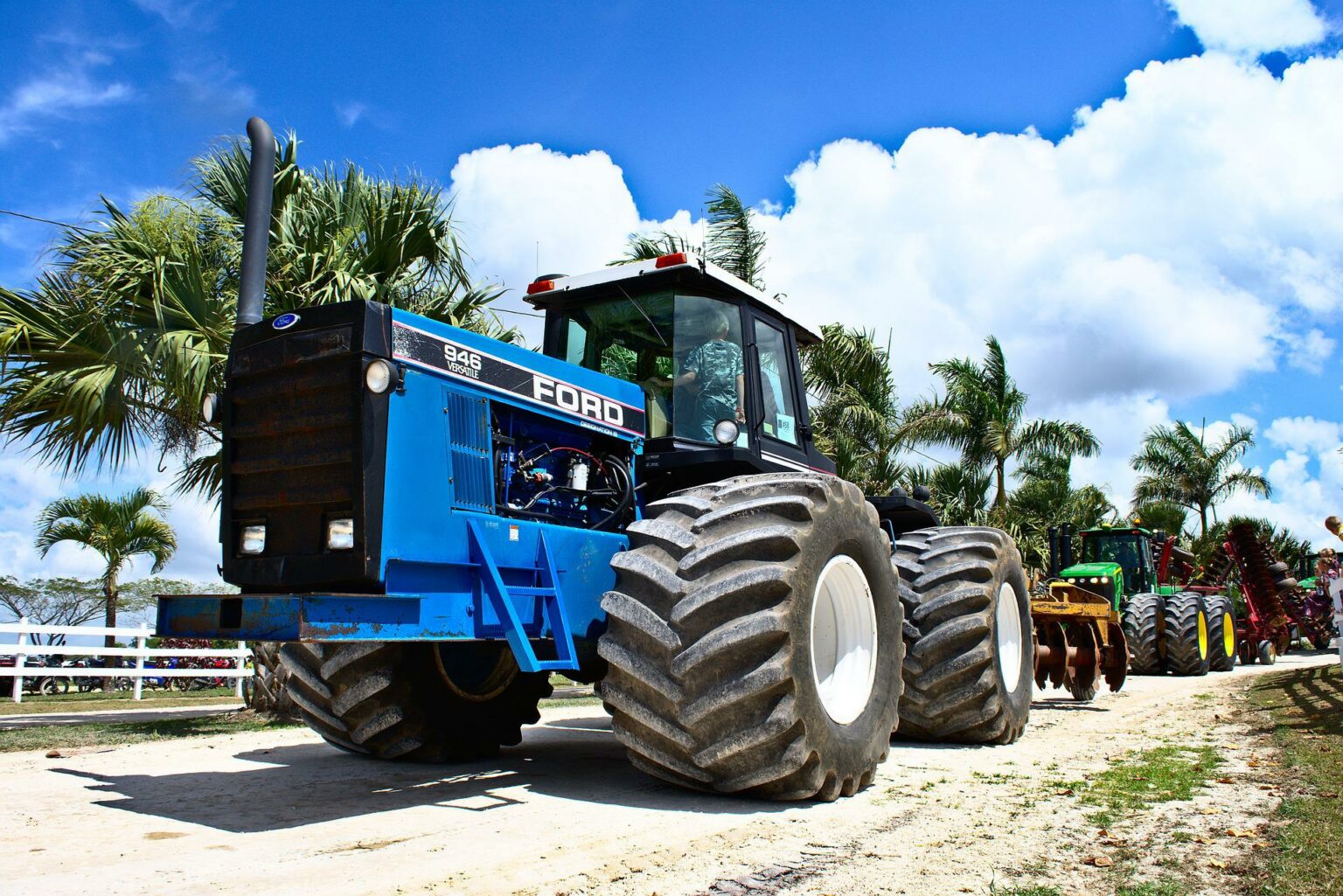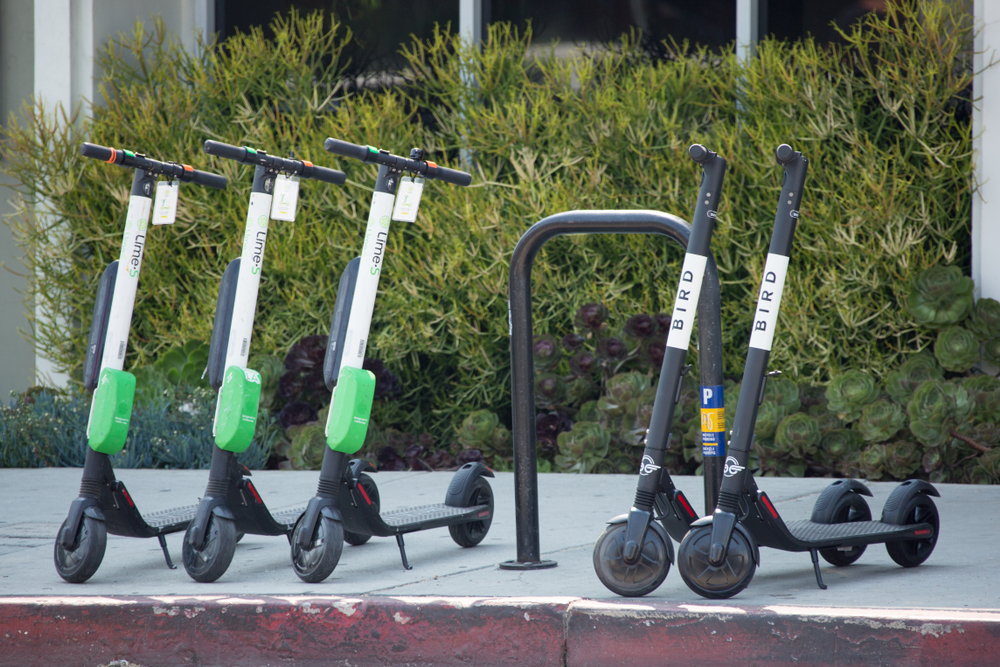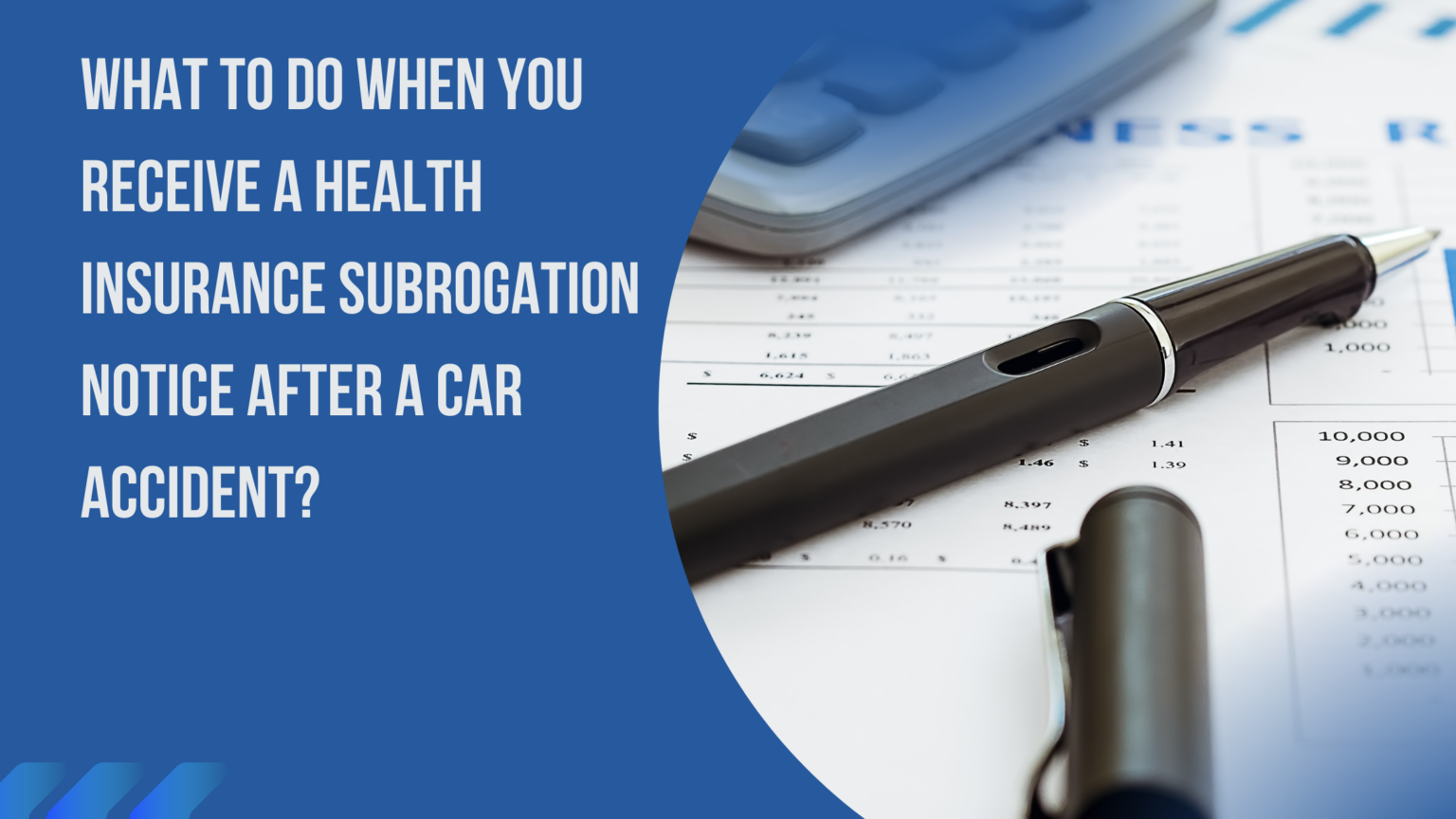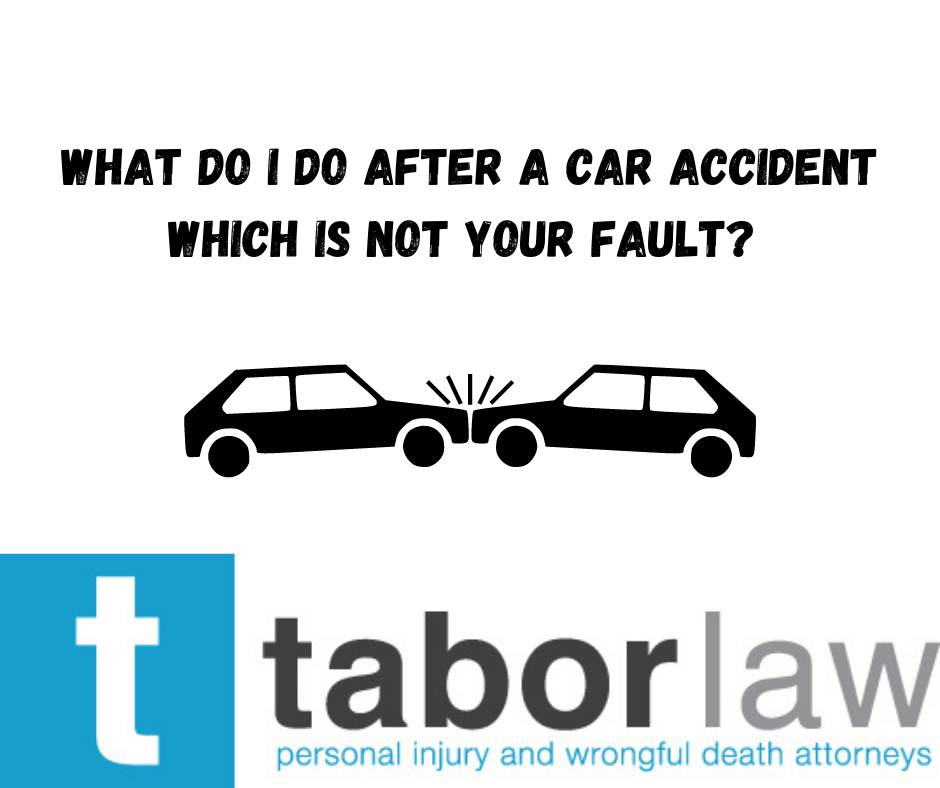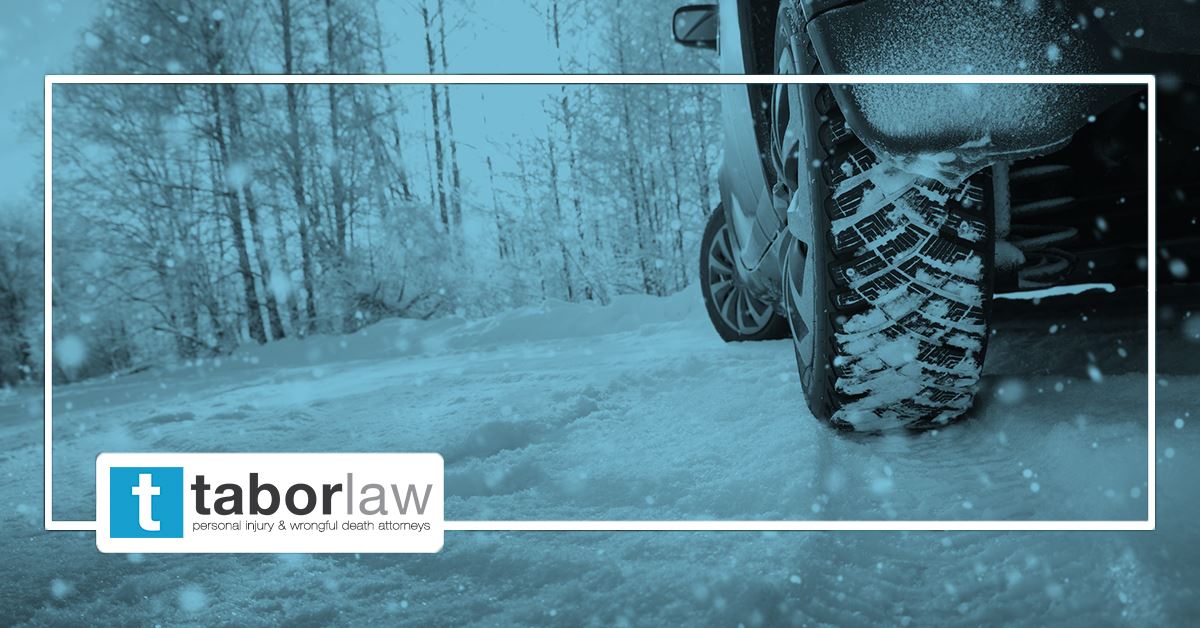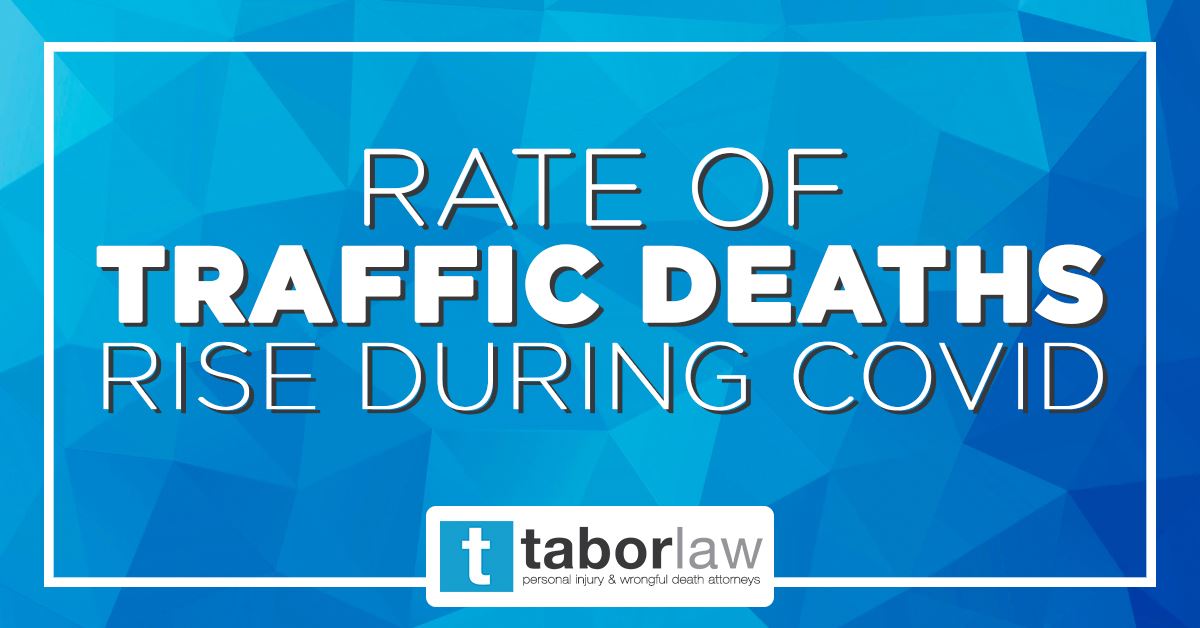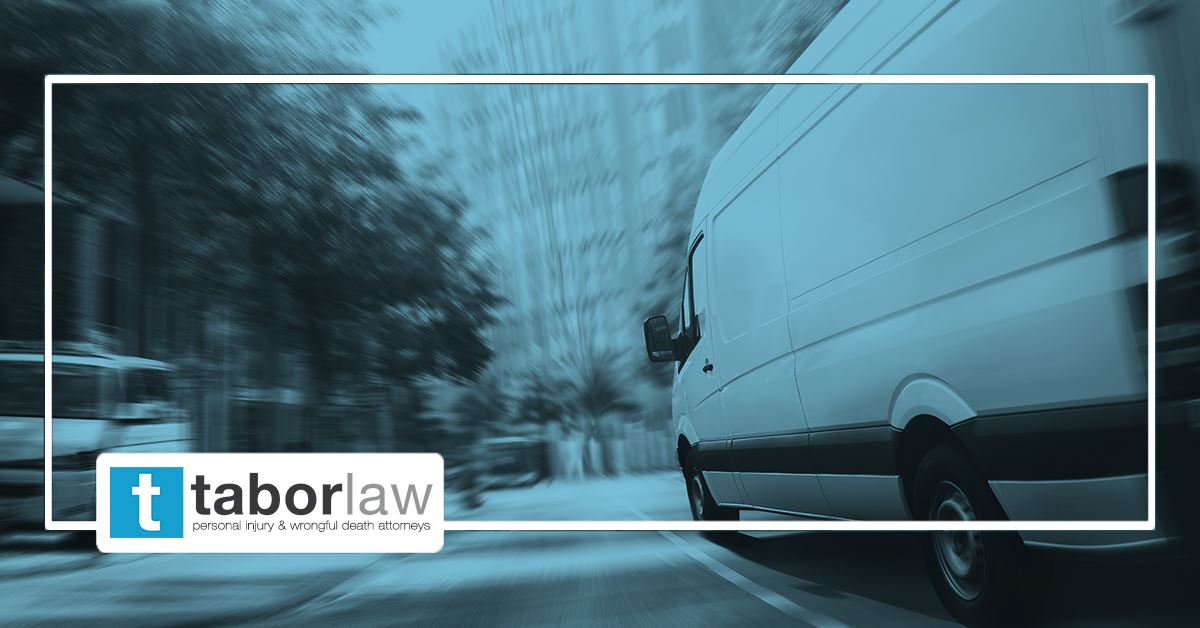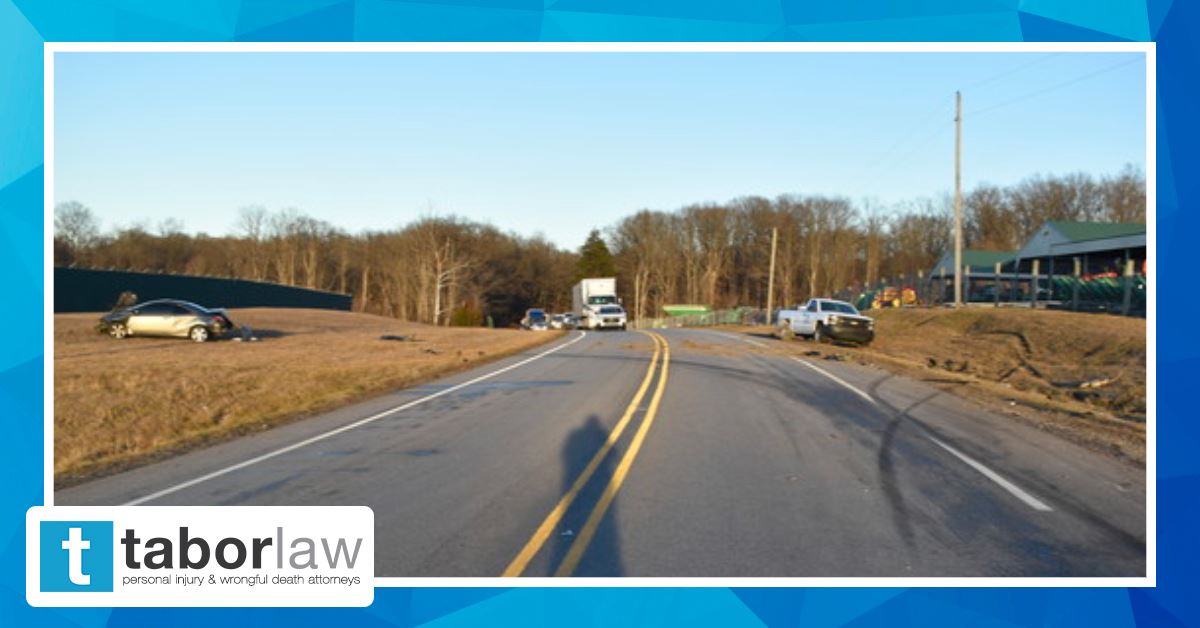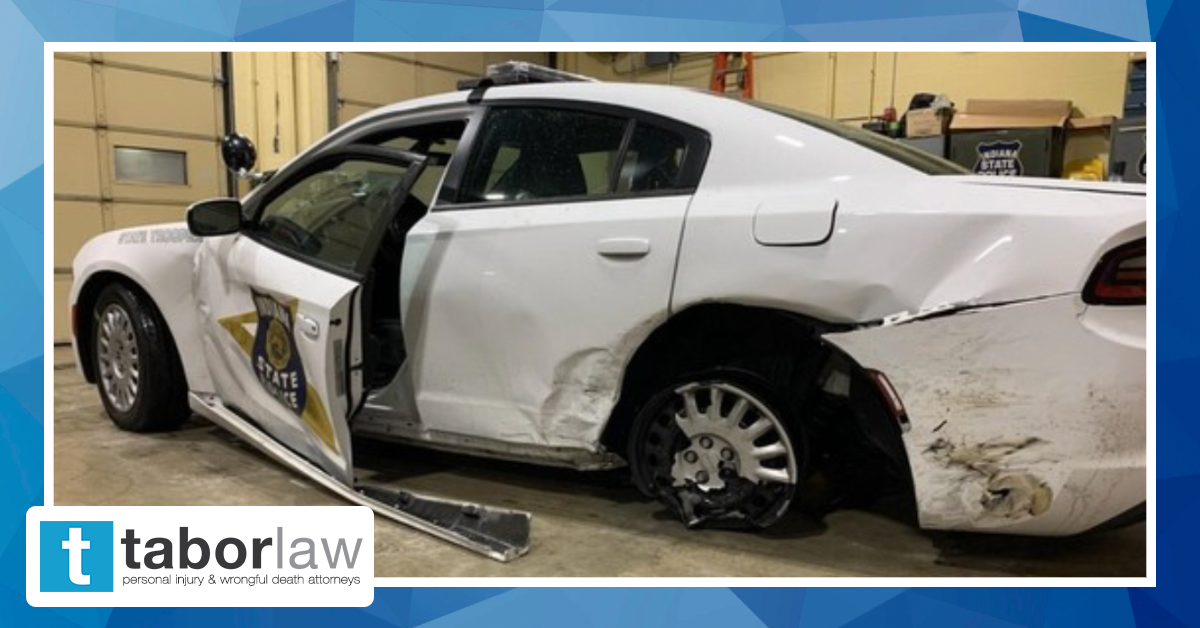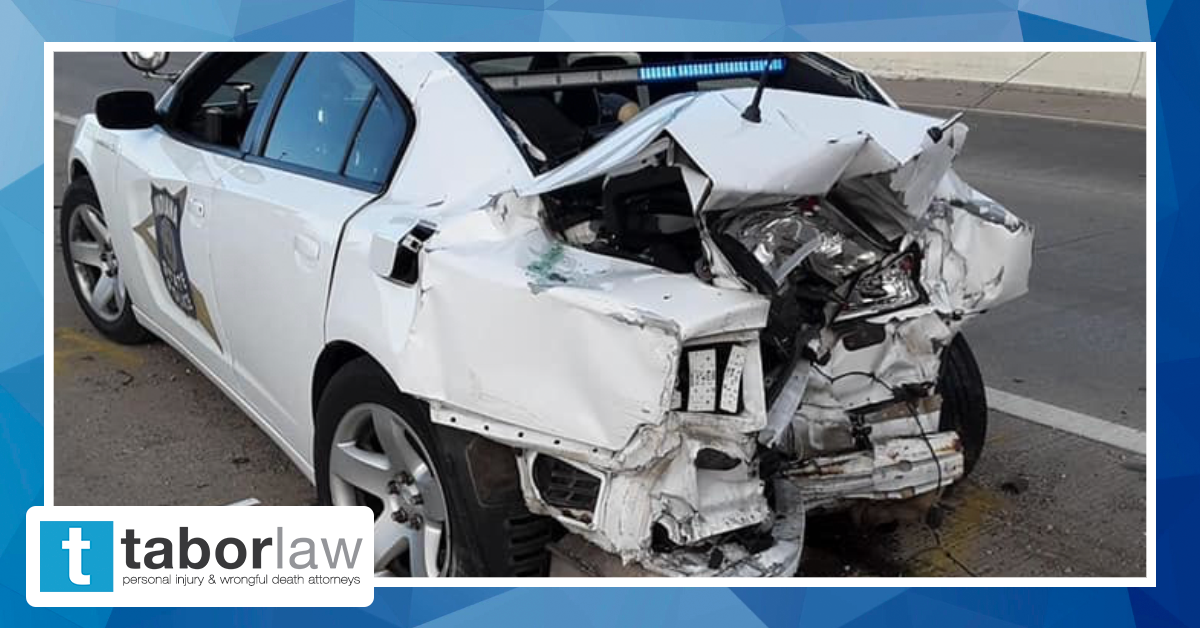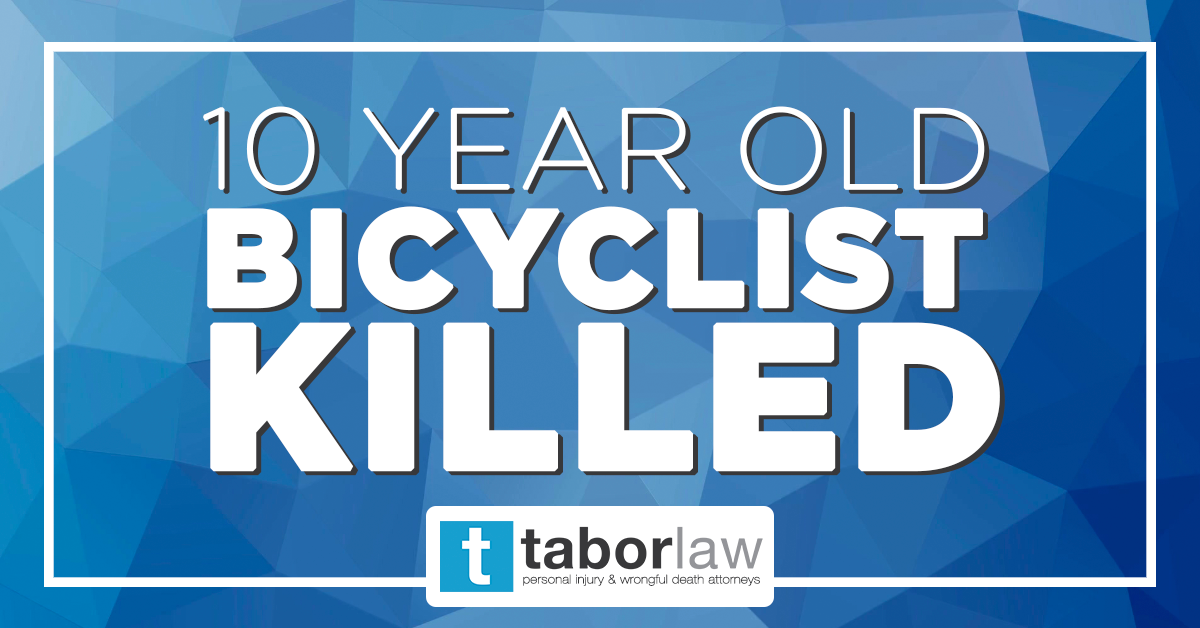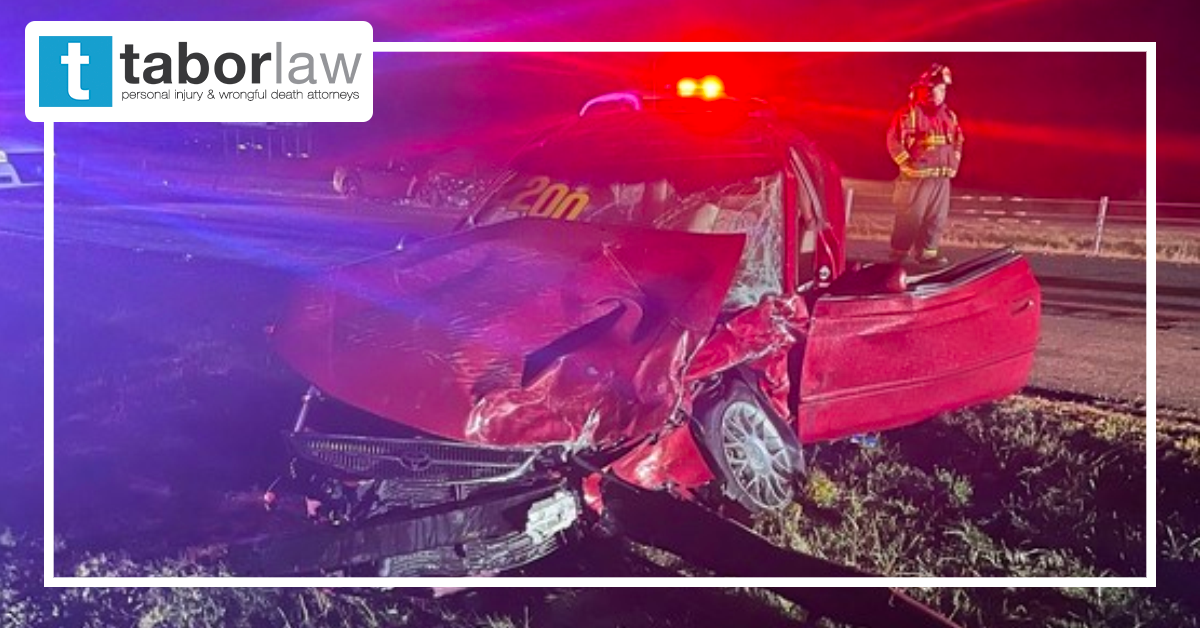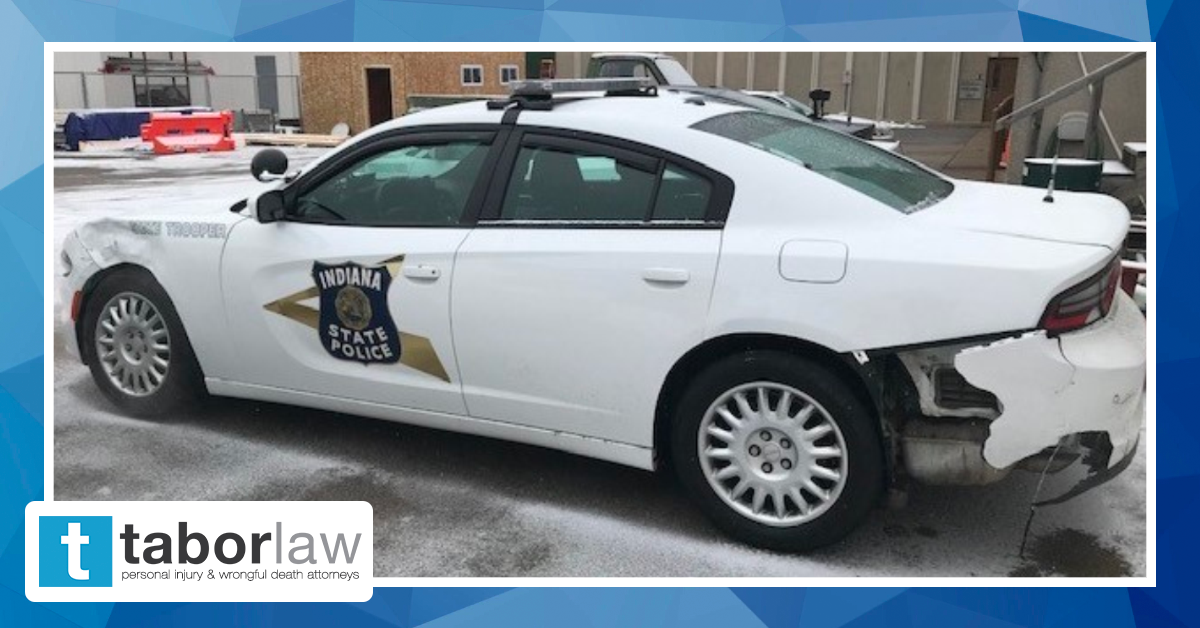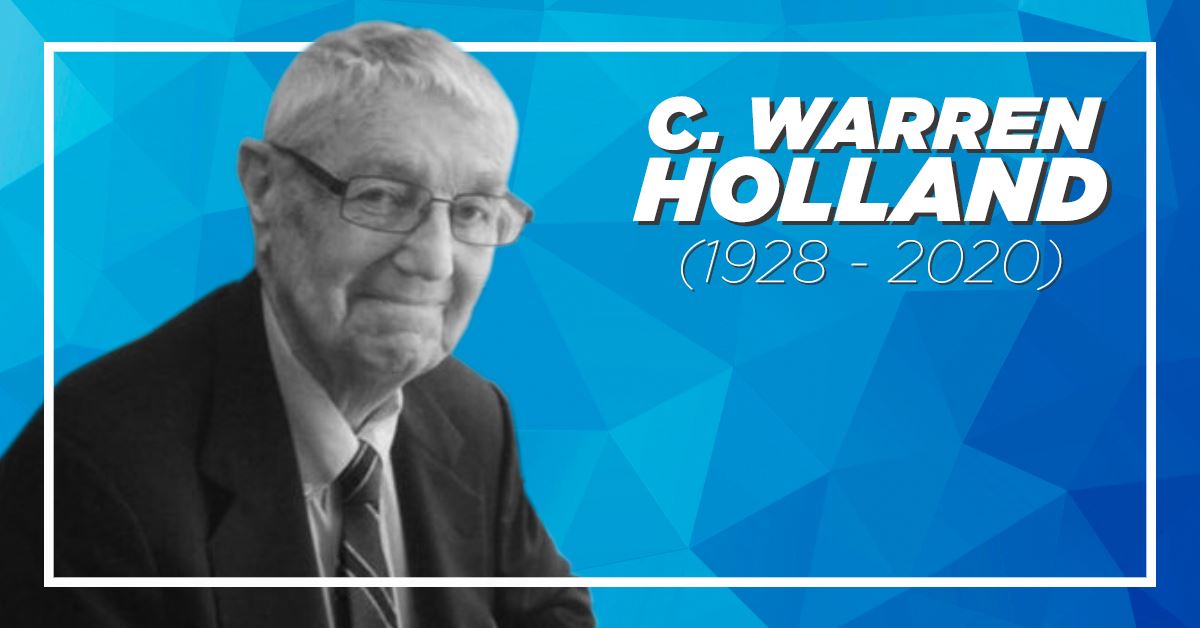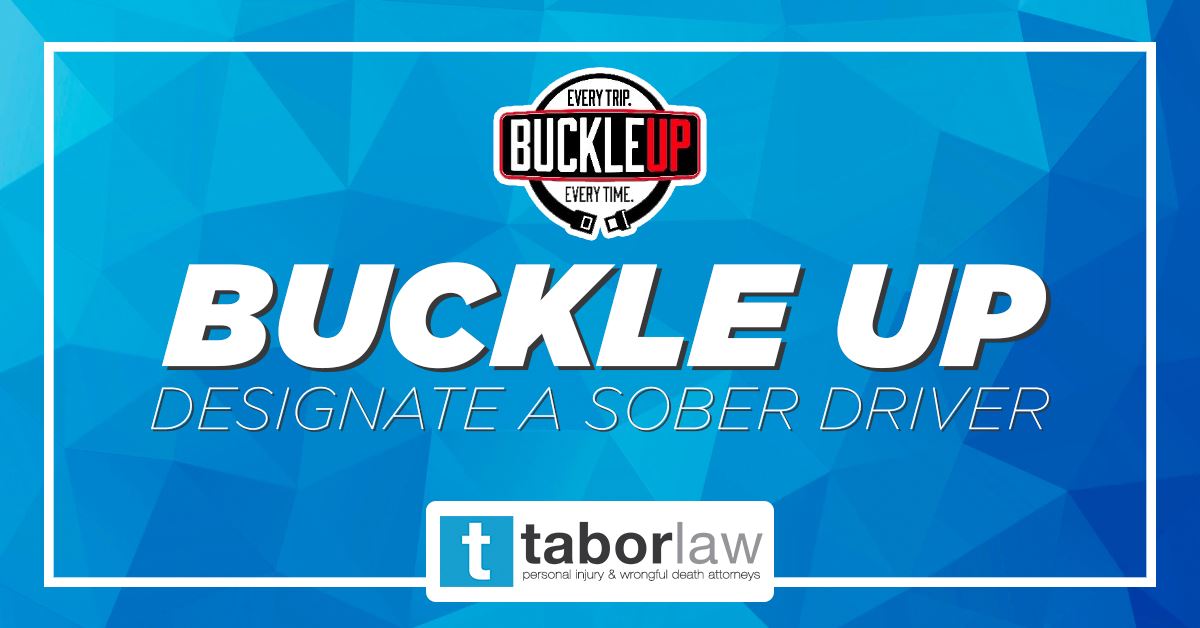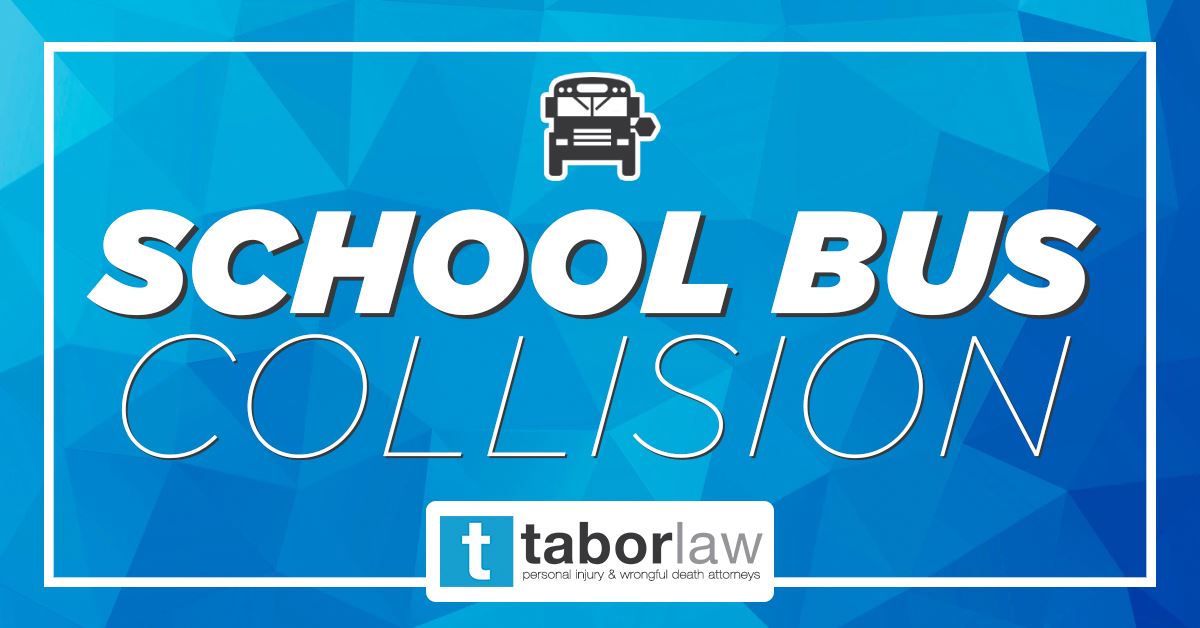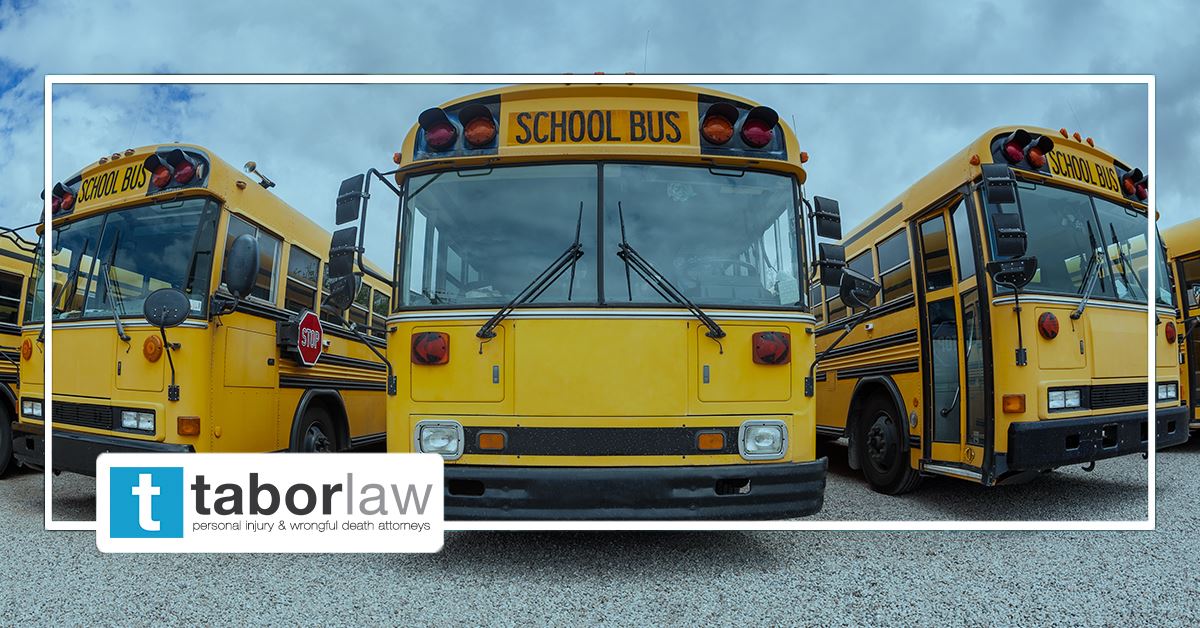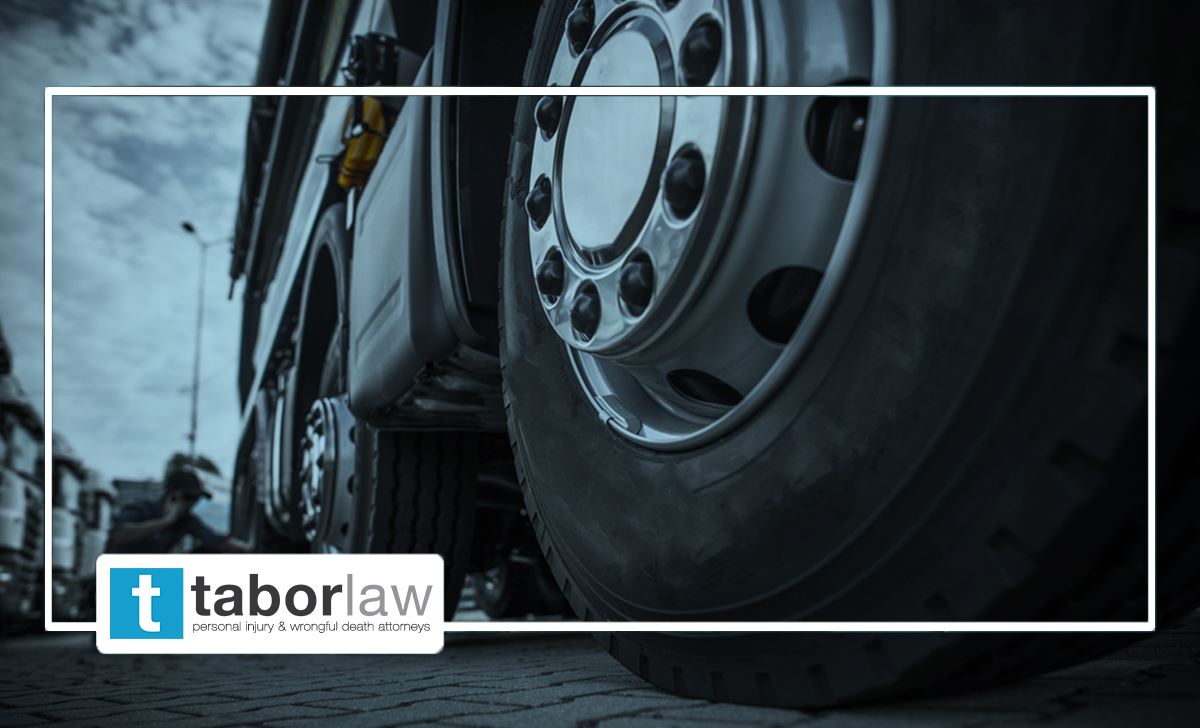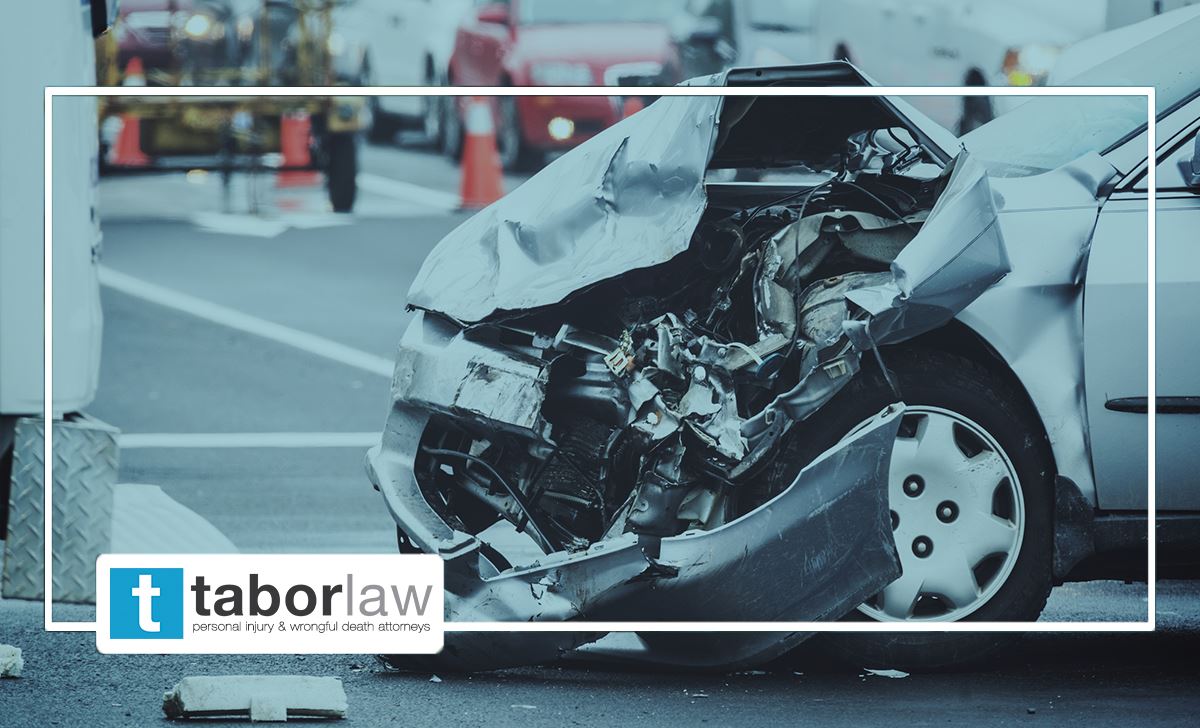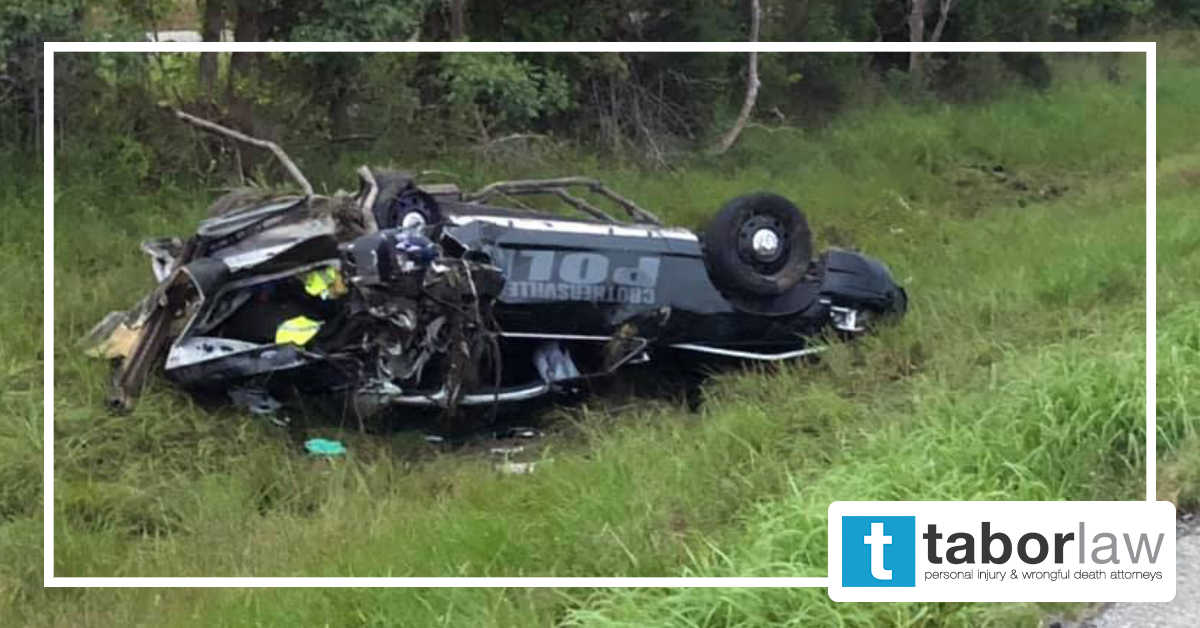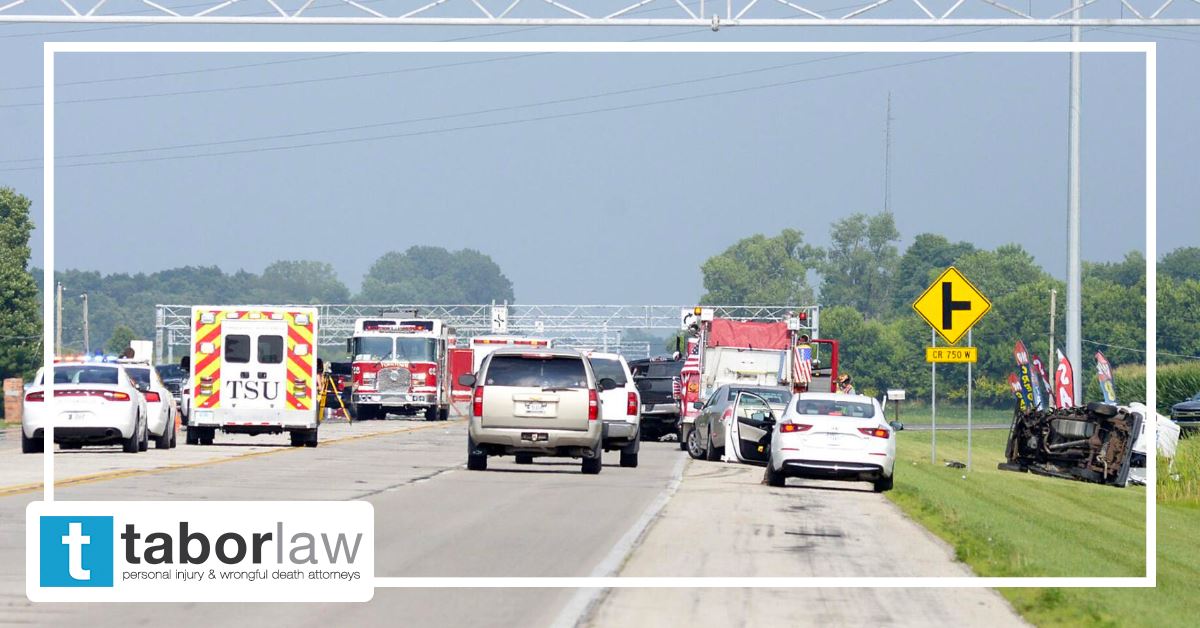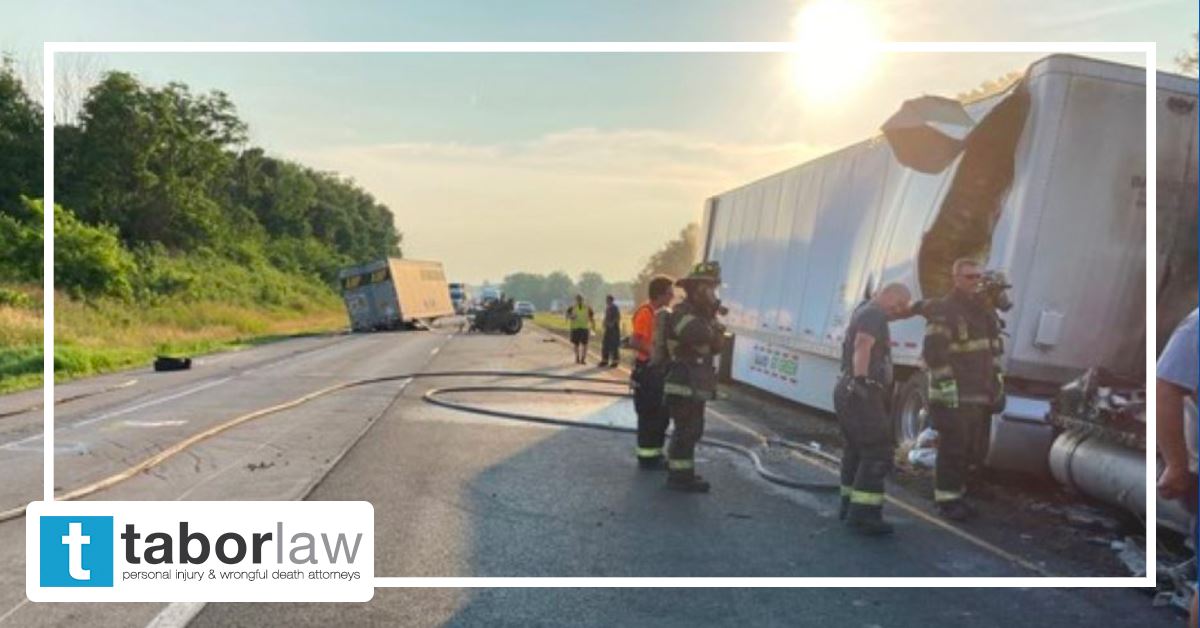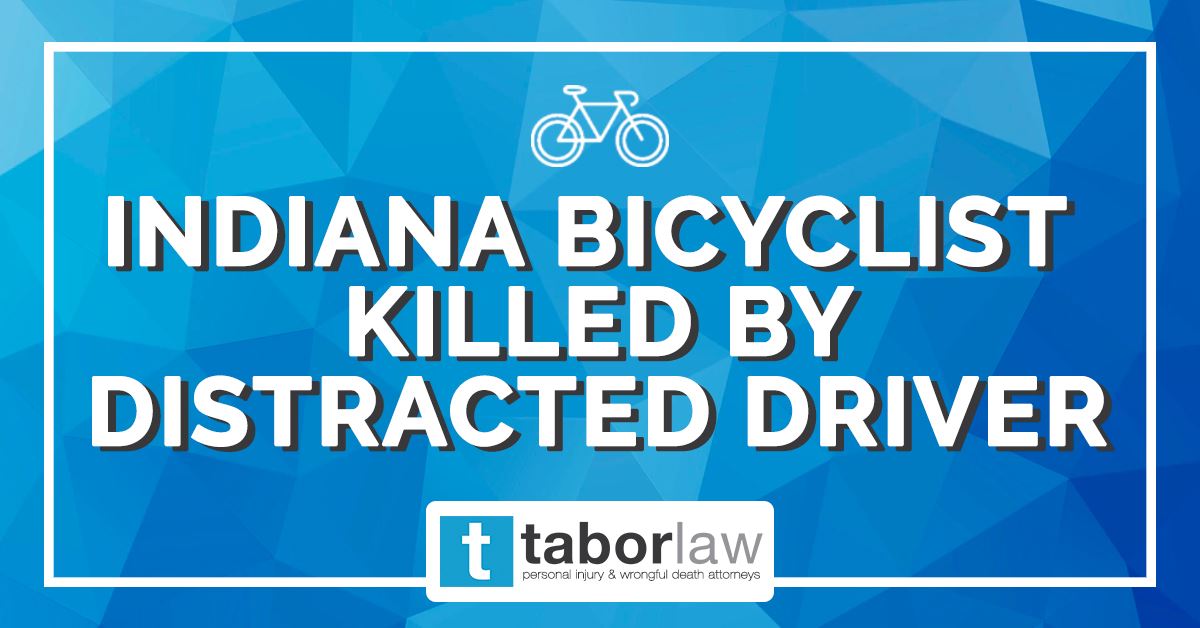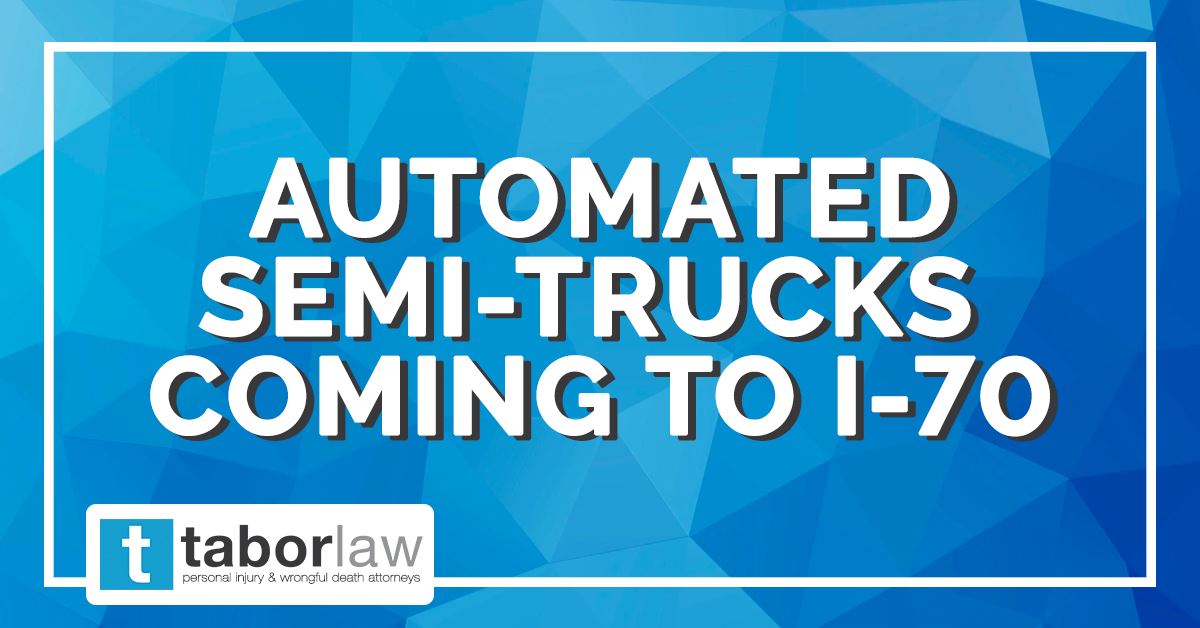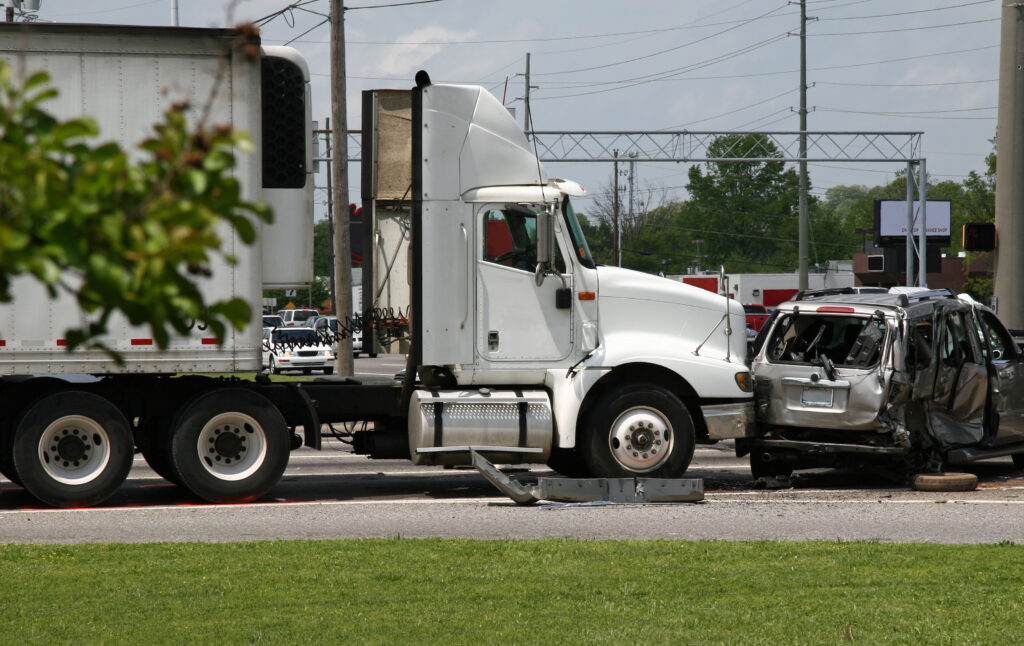
Determining Liability in Truck Accidents
Accidents involving semi-trucks are often complicated, especially when it comes to determining liability. In addition to those immediately involved in the accident, trucking companies, truck part manufacturers, and others may also impact the circumstances of the accident. For example, suppose a trucking company over-schedules a driver to the point where the driver has to drive longer hours than legally allowed, and the driver falls asleep while driving, causing an accident. In cases like this, you may be able to hold the trucking company legally responsible for the accident.
The following parties may be found liable in a semi-truck accident:
- Truck driver
- Trucking company
- Truck manufacturer
- Manufacturers of truck parts, equipment, etc.
- The person, company, or organization responsible for truck maintenance
Because semi-truck accidents can be so complicated, the first step in determining fault in a semi-truck accident is identifying the cause and all contributing factors. Once this is done, you can begin to identify who can be held legally responsible.
Common Causes of Truck Accidents
According to the Insurance Institute for Highway Safety (IIHS), over 4,000 people died in large truck accidents in 2020. 47% of fatalities in large truck accidents in 2020 occurred on major roads, while 36% of fatalities occurred on interstates and freeways. Meanwhile, 15% of fatalities occurred on minor roads. The IIHS also notes that 48% of fatalities occurred between 6 a.m. and 3 p.m., and most occurred Monday-Friday. Though most fatal accidents happen during the week in the morning and early afternoon, they can happen anywhere at any time. And, when they do, they can be devastating. a
Common causes of semi-truck accidents include:
- Fatigued drivers
- Speeding or reckless driving
- Failure to follow traffic laws or posted signs
- Driving while under the influence of drugs or alcohol
- Inadequate driver training
- Hiring under- or unqualified drivers, loaders, etc.
- Improper or lack of truck maintenance
- Failure to make repairs to truck or equipment
- Incorrect cargo loading or unloading
- Malfunctioning truck parts, such as brakes
- Bad weather
Semi-trucks can weigh 30-times as much as a passenger vehicle. Consequently, when semi-truck accidents happen, passengers in smaller cars often suffer the most and worst injuries, including death.
What Happens if the Trucking Company Is at Fault?
One of the most common causes of semi-truck accidents is negligence on the part of the trucking company. This can manifest in several ways, from over-scheduling drivers to unrealistic quotas to failure to maintain company-owned trucks and equipment. If it is determined that the trucking company is responsible for the accident, you may be able to hold them legally liable and recover compensation.
You may be able to seek compensation for:
- Medical care
- Rehabilitation
- Hospital costs
- Pain and suffering
- Emotional distress
- Property damage
If you have lost a loved one in a semi-truck accident, you may also be able to seek compensation for your deceased loved one’s medical expenses, burial costs, and funeral expenses.
Proving Trucking Company Liability
Demonstrating that a trucking company is liable for a semi-truck accident can be incredibly challenging. It can be further complicated by the fact that other parties may also be implicated. To effectively prove that a trucking company is liable for a trucking accident requires a detailed investigation of the accident and the accident’s context, such as the surrounding circumstances that may have contributed to the accident.
Because the process for suing a trucking company for a semi-truck accident is so complex, it is always recommended that you work with an experienced attorney familiar with handling these types of cases in Indiana, such as Tabor Law Firm, LLP.
Insurance Requirements for Commercial Trucks
In Indiana, commercial truck operators of vehicles with a gross vehicle weight rating (GVWR) of 10,001 lbs or more are required to have at least $750,000 of liability insurance. Private and/or for-hire carriers transporting hazardous materials must have $1 to $ 5 million in liability insurance.
Other liability insurance requirements include:
- $300,000 – for-hire carrier transporting nonhazardous materials in a vehicle with a GVWR or 10,000 lbs or less
- $1.5 million – for-hire carrier transporting passengers in a vehicle with a seating capacity of 15 or fewer people
- $5 million – for-hire carrier transporting passengers in a vehicle with a seating capacity of 16 or more people
Indiana’s intrastate requirements are very similar to federal requirements for interstate commercial trucks. Indiana and the federal government also require many trucking companies and businesses to file specific documents to prove that they carry enough liability insurance to meet minimum requirements. For example, long-haul and regional trucking motor carriers are typically required to have a federal and state insurance filing.
What Happens If The Trucking Company Is Underinsured?
Though Indiana requires motorists to carry under- and uninsured motorist coverage as part of their insurance minimums, their individual coverage is often not enough to cover their injuries. This can be especially true when the accident involves an under- or uninsured trucking company or truck operator.
If you are in an accident with an uninsured or underinsured semi-truck, it is recommended that you speak with an experienced personal injury attorney as soon as possible to discuss your options. Your attorney can help you investigate your case, determine fault, and, when necessary, help you file a lawsuit against the responsible parties.
Why Working with an Attorney Matters
Many people assume that because they have insurance they will be covered and their medical care will be taken care of. This is often not the case. Insurance companies are notorious for not wanting to pay out claims, and even with good insurance coverage, all of your needs may not be met. This can be a particular problem for those who suffer long-term and permanent disabilities as a result of their injuries.
Regardless of the circumstances of your semi-truck accident, it is always a good idea to consult with a personal injury attorney about your situation. Your lawyer can review the facts of your case and apprise you of your legal options. They can negotiate on your behalf with insurance companies and medical care providers, and should it be necessary, they can represent you in court.
Were you in an accident with a semi-truck? Contact Tabor Law Firm, LLP. Our attorneys can guide you in determining who is at fault for your accident and help you seek compensation for your injuries through a personal injury claim if necessary. When you need support, our law firm is just a phone call away.


